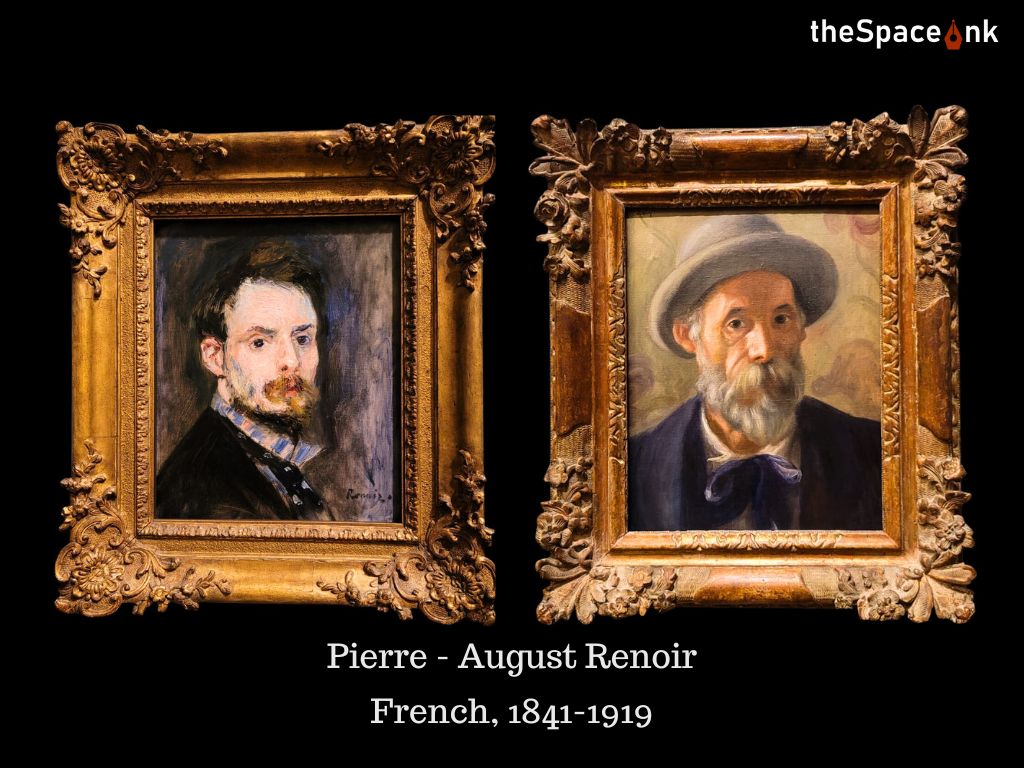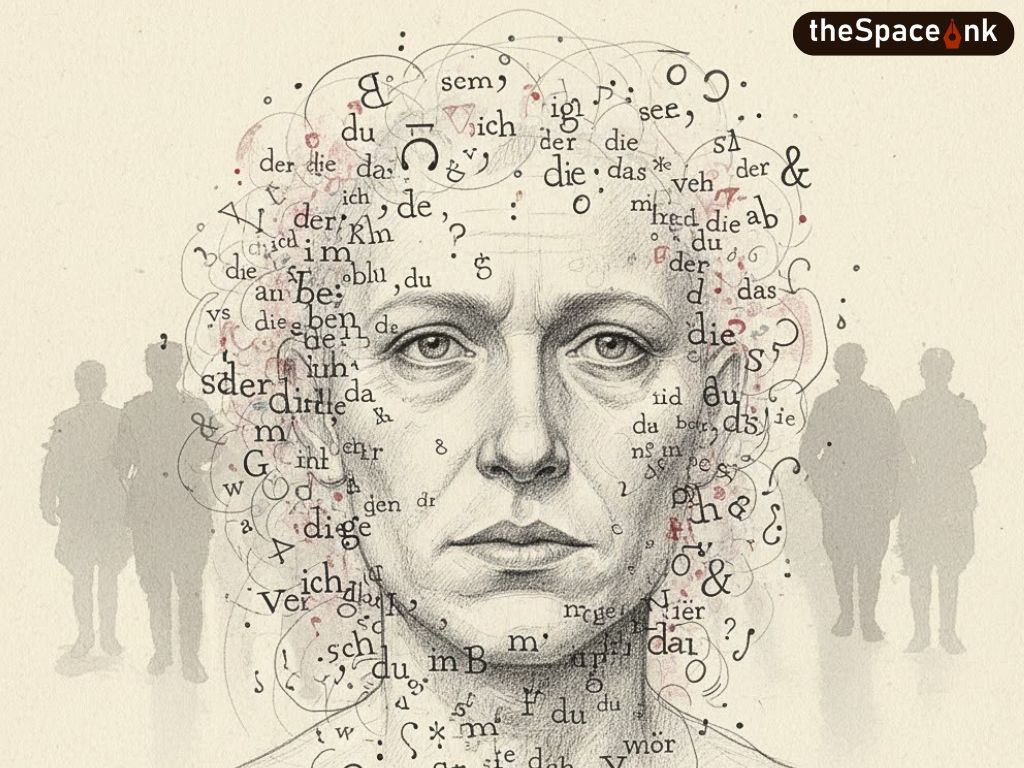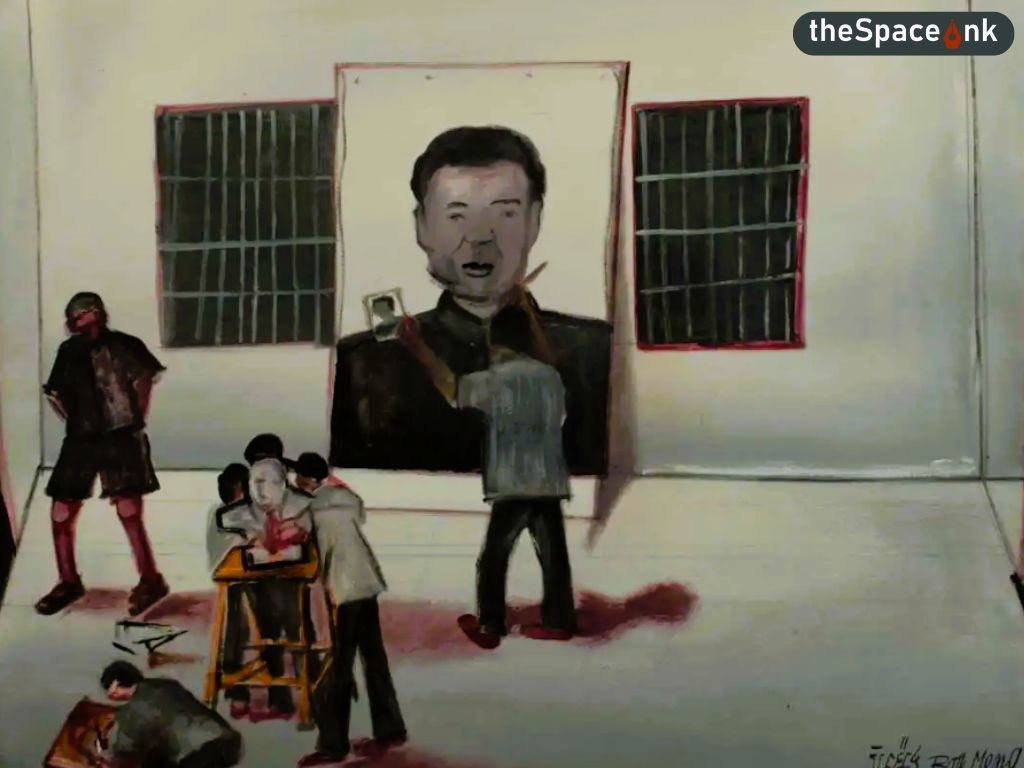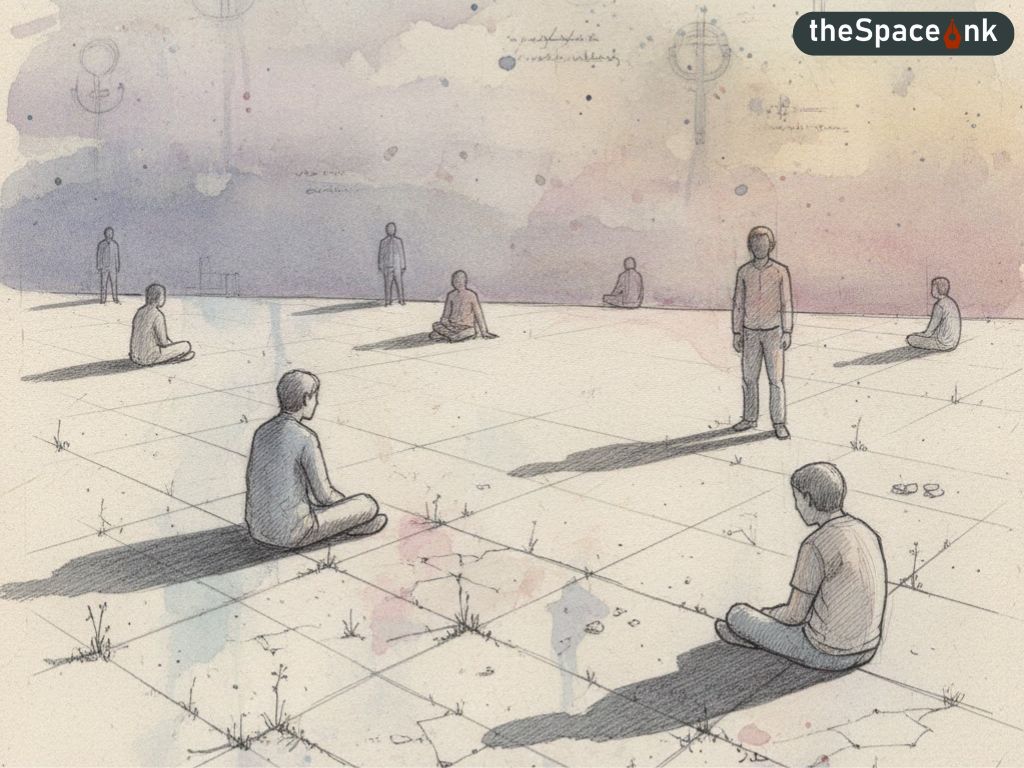(Thanksgiving)
The American Thanksgiving Day is rich in legend and symbolism. Rooted in a mix of harvest festivals, religious traditions, and political negotiations between European settlers — the first immigrants to arrive in America — and the native Wampanoag people, the first Thanksgiving feast, held as early as 1621, marked a peace treaty that lasted for several decades.
However, over time, various events led to episodes of violence, and simultaneously, a wave of new immigration shook the young nation. As the country was on the verge of civil war in the 1860s, President Lincoln needed to appeal to a ‘national mythology’ that could bring people together. He declared it an American holiday in 1863, encouraging everyone to celebrate Thanksgiving in the spirit of reconciliation.
Also Read: A Journey Back to Self and Nature: Yellowstone and Grand Teton
Since then, the holiday has become known for an elaborate spread of food, family, and togetherness; its underbelly, though, is still undeniably lined with violent stories of colonialism, cultural appropriation, and spasms of xenophobia. The narrative has been altered and reduced to a tiny snapshot, filtered through rosy lenses to fit the imagination of a young nation. Maya Salam put it perfectly in a 2017 New York Times article: “Thanksgiving facts and Thanksgiving myths have blended together for years like so much gravy and mashed potatoes, and separating them is just as complicated.”

As immigrants from various backgrounds began shaping the idea of America, secular traditions such as football games, Thanksgiving parades, and holiday sales became associated with it, but intercultural peace remained at the heart. Building on that spirit, like many other diasporic groups, the Indian and other South Asian diasporas in the U.S. celebrated Thanksgiving as a day to give thanks. This has little to do with its history itself, other than making it their own and embracing the autumn bounty, which signifies their assimilation. Its influence has subtly seeped into the literature and movies created by the South Asian diaspora—not intentionally, but in small ways such as story settings and plot points.

The Thanksgiving story is fundamentally an immigration story. It evolves with each generation of immigrants, who reflect on and reevaluate the holiday, acknowledging both its bright and dark sides. Often, feelings of gratitude evoke memories of their struggles and the pain of leaving their birth countries behind. Bharati Mukherjee illustrates this in ‘Orbiting,’ a short story from her 1988 collection The Middleman and Other Stories. Mukherjee, an Indian-born American novelist, uses the experiences of an Italian-American family with a history of discrimination to provide a historical backdrop for the modern immigrant experience, highlighting that the fight for assimilation is ongoing.

Rindy, the protagonist, takes the opportunity to introduce her new lover, Ro, to her family. Ro, short for Roshan, is from Afghanistan and carries both physical and emotional scars from his past. Rindy, a second-generation Italian-American, feels like she’s viewing America “through the wrong end of a telescope” when Ro recounts stories about sudden raids, endless paperwork, detention centers, and deportations. At first, her family sees him as an outsider, but they become captivated once he begins sharing his journey to America and demonstrates his knife skills by carving the Thanksgiving turkey with impressive finesse. Mukherjee concludes the story on an optimistic note, with Rindy deciding to help Ro learn the American way.
Pulitzer Prize-winning author Jhumpa Lahiri, in her debut novel, ‘The Namesake,’ has used Thanksgiving as a backdrop to highlight one of the story’s most poignant moments. The main character, Gogol, learns from his father how his name is connected to a fateful night when his father nearly died.
“A weighted observation about the tradition of Thanksgiving is that what began as a peace treaty between the natives and the first settlers centuries ago continues, in some ways.”
Shocked at the discovery, he asks his father tentatively, “Do I remind you of that night?” To which his father replies, “You remind me of everything that followed.” This captures the core of the immigrant story Lahiri tenderly narrates. Through the novel, we follow Gogol’s coming-of-age journey, as his initial embarrassment about his name and Bengali heritage gives way to a more nuanced understanding and even a slight appreciation of their customs.
When it comes to films, there aren’t many that have focused on Thanksgiving, but among the classics is Gurinder Chadha’s ‘What’s Cooking?’ The British-Indian filmmaker, known for Bend It Like Beckham, sets her Thanksgiving-themed film in sunny, vibrant Los Angeles, where families of diverse backgrounds prepare a special Thanksgiving dinner, showcasing the metropolitan area’s multicultural vibe. Packed with tensions, schisms, and chaos, we witness the redefinition of Thanksgiving in immigrant homes—the cooking of two parallel meals: one with turkey and pies to please their American-born children, and the other with their own specialties and favorites.

We see tables full of flawed people with serious reservations and opinions that leave much unsaid, a fond yet not artificially cheery depiction of how cultures change and adapt as they intersect with one another. As one of the characters, Trinh cooks Vietnamese sides and brushes the turkey with chili sauce, her teenage daughter protests, “Why do you want the turkey to taste like everything else we eat?”
In more recent times, in the series ‘Master of None’, an episode written by Indian-American stand-up comedian, Aziz Ansari, was dedicated to Thanksgiving. The central character, Dev, spends it at his friend Denise’s home, as his own family does not celebrate Thanksgiving. The episode uniquely captures 30 years of friendship between the two, showing a relatively easier acceptance of their complicated identities as second-generation immigrants, and how, as kids growing up in 90s New York, they bonded over many of the same cultural references offered by the city, despite their very different family backgrounds.
Also Read: Grand Canyon of The Yellowstone (Part 2)
A weighted observation about the tradition of Thanksgiving is that what began as a peace treaty between the natives and the first settlers centuries ago continues, in some ways. Among Indian and other immigrants, like an intergenerational olive branch, as a compromise between the first-generation expatriates who want to hold on to their native customs and their children, the second-generation immigrants who grow up American. The compromise may further water down as the third generation of immigrants grows up, or morph into a new negotiation. Still, Thanksgiving will always remain an occasion for immigrants to embrace the American ethos in a cooperative spirit, adding their own flavor to the American melting pot.
Photos Generated by AI
Sreya Sarkar is a freelance writer based out of Massachusetts, with her fingers dipped in multiple writing projects. A public policy professional by training, she writes socio-political columns for Indian news magazines like The Quint and Dainik Bhaskar. She also pens short stories for literary magazines.








